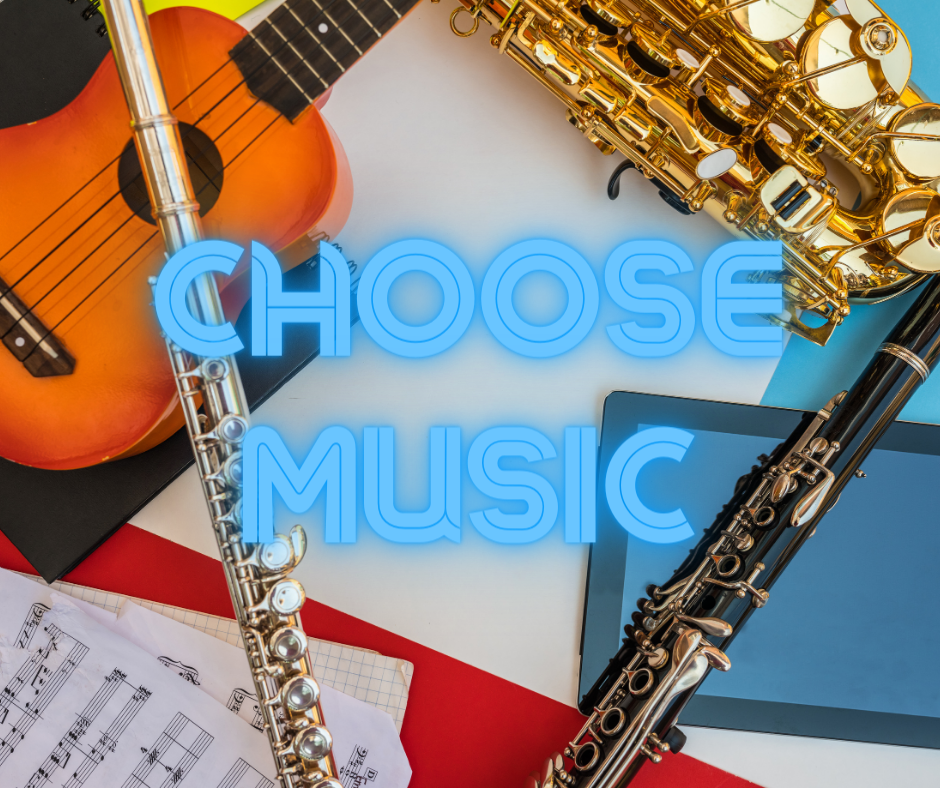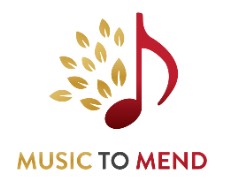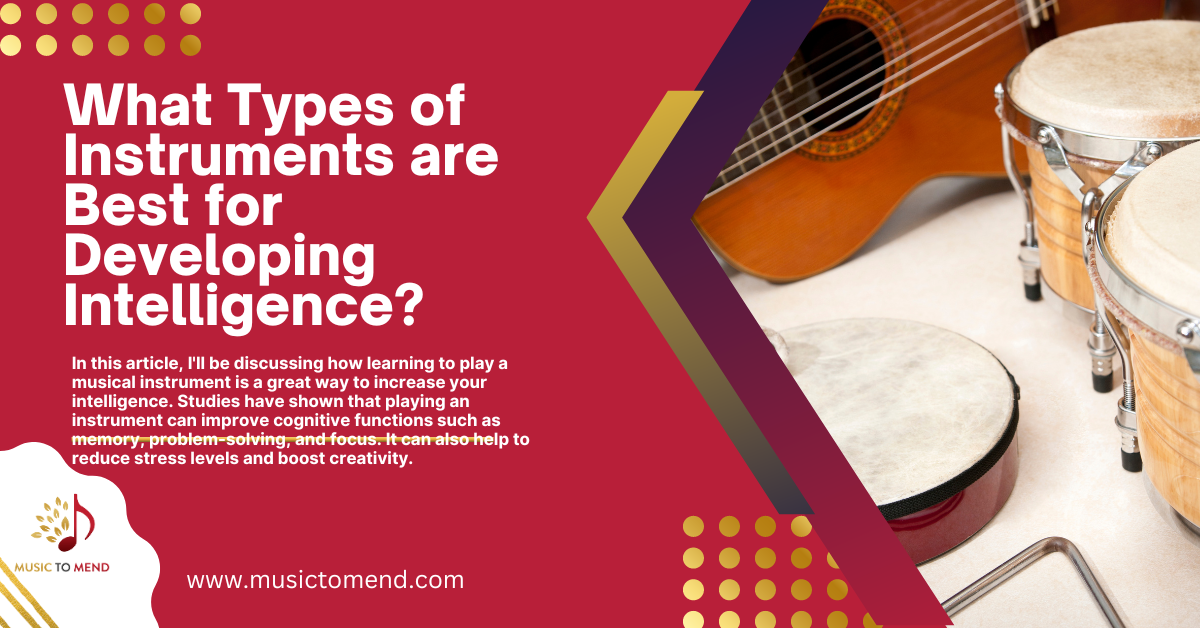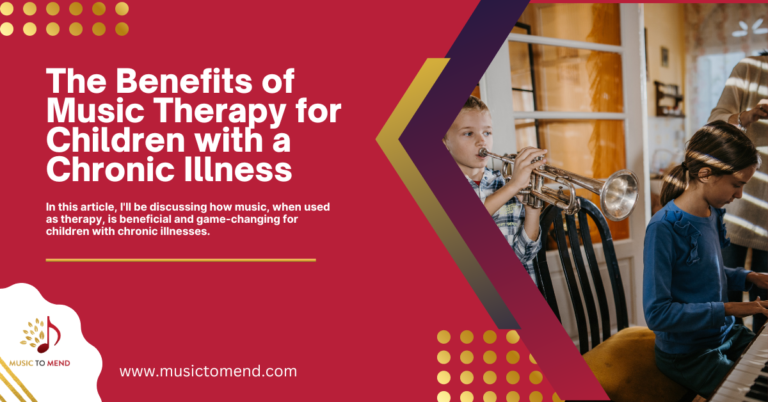What Types of Musical Instruments are Best for Developing Intelligence?
In today’s article, I’ll discuss what types of instruments are best for developing intelligence. Learning to play a musical instrument is a great way to increase your intelligence. Studies have shown that playing an instrument can improve cognitive functions such as memory, problem-solving, and focus. It can also help to reduce stress levels and boost creativity.
Different instruments affect the brain in different ways, so it is important to choose an instrument that suits your individual needs and interests. For example, playing the piano may help with developing motor skills, while playing the guitar could be beneficial for improving coordination and concentration. Additionally, certain musical instruments are better suited for developing certain aspects of intelligence than others; for example, the violin is often recommended for developing language skills.
There are many different types of instruments available that can be used to develop intelligence. It is important to choose one suitable for your particular goals and interests to maximize its effectiveness in increasing IQ.

How Parents Can Incorporate Music Education into Their Children’s Lives for Maximum Benefits
Music education is an important part of a child’s development. It helps them to learn new skills, express their emotions and develop their creativity. Parents can play an important role in helping their children to get the most out of music education by providing them with the right resources and guidance. It is important that parents help their children with the things they need in order to develop into well-balanced adults later on in life.
The Different Types of Instruments You Can Learn & Their Effects on Cognitive Ability
Learning a musical instrument has been shown to have a positive effect on cognitive ability. Not only can it help people develop their creativity and problem-solving skills, but it can also improve their memory and concentration. As such, playing an instrument is a great way to improve your cognitive ability.
There are many different types of instruments that you can learn, each with its own unique set of benefits for cognitive development. From classical instruments like the piano or violin to more modern ones like the guitar or drums, learning any type of instrument can help you sharpen your skills and become better at thinking critically. Studying music theory and cognition will also provide insight into how music affects our brains and how we process information. Ultimately, learning an instrument is a great way to boost your cognitive ability and enhance your overall mental well-being.
The Impact of Learning a Musical Instrument on Children’s Development
Playing a musical instrument has been proven to positively affect children’s development. It can help them enhance their cognitive skills, improve their memory, and even increase their creativity. Music is an important part of any child’s education and can allow them to express themselves in ways that words alone cannot.
Studies have shown that children who learn to play an instrument show improved academic performance, better social skills, and increased self-esteem. Music also helps children develop discipline, as they must practice regularly in order to improve their skills. Learning music can also help children develop better problem-solving skills as they learn how to read music and interpret what they hear.
In short, learning a musical instrument has many benefits for children’s mental development. It can help them become more creative thinkers and performers while giving them the opportunity to express themselves in unique ways.
The Link Between Music & Language Processing in the Brain
Music and language are both complex forms of communication that require sophisticated processing in the brain. Recent research has revealed that the neural pathways for music and language processing in the brain are closely intertwined.
Playing instruments can positively affect language development, as it encourages the use of multiple neural pathways for processing sound. It has been found that playing instruments can improve reading ability, increase vocabulary, and help to develop better narrative skills.
Moreover, evidence suggests that music can help enhance cognitive abilities such as memory and attention span. This means that learning how to play an instrument could potentially have a positive impact on language processing in the brain.
No matter how you look at it, learning musical instruments can be a game-changer in your child’s life. I hope you enjoyed today’s article.
Until next time, stay well and happy music-making!
Bea







